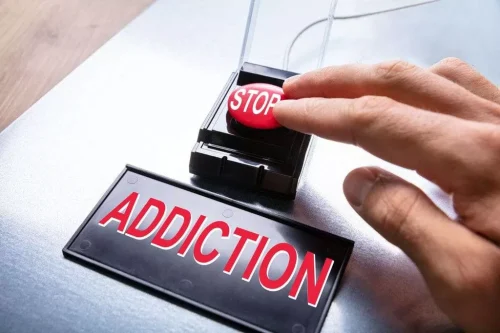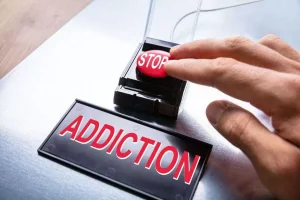
Reallocating your “drinking budget” to these reinforcements is a wise investment in your future. Over time, as your body recovers, you may even find you can pare down your regimen to just a few essentials, a testament to your newfound health and resilience. This guide shows you how to stop alcohol cravings with alcoholism symptoms multiple methods you can try at home. You’ll also learn how medication-assisted treatment can help you crave alcohol less and maintain a sober lifestyle.
Healthy Eating Strategies to Reduce Alcohol Cravings

However, it’s important to how to help alcohol cravings consume dark chocolate in moderation due to its calorie content 1. Including whole grains like quinoa, brown rice, and oats in your diet can offer a slow and steady release of energy. These complex carbohydrates prevent blood sugar spikes and crashes, which are often linked to increased alcohol cravings. By stabilizing blood sugar levels, whole grains can help curb cravings and provide a sustained source of energy.

Choosing Drug Rehab and Addiction Treatment
This can help you feel confident that you won’t act on an urge you might experience. Medical experts now use the term “alcohol use disorder” rather than “alcohol abuse” to address the concern of excessive drinking. A doctor or psychiatrist can offer more information and help you explore possible treatment plans.
Does relapse to drug use mean treatment has failed?
- However, even a mild disorder can escalate and lead to serious problems, so early treatment is important.
- Often a person has been contemplating abstinence for some time, yet couldn’t get sober on their own.
- Unearth the path to recovery by finding good drug treatment centers tailored to your unique needs.
- It encompasses the conditions that some people refer to as alcohol abuse, alcohol dependence, alcohol addiction, and the colloquial term, alcoholism.
Instead of criticizing yourself for having a hard time or slipping up and having a drink, remember that no one’s perfect. What matters most is your ability to maintain an open, curious outlook as you learn what does and doesn’t work for you. Finding or reaching out to other sober people can also help. What’s most important is to look at your drinking habits and find a way to cut back that works for you. Maybe you don’t think you depend on alcohol exactly, but you still wonder whether you might be drinking too much. It’s important to note that withdrawing from alcohol can be particularly dangerous, especially if you’ve been drinking heavily for a long period of time.
Tips to Help You Stay Sober

Talk with a doctor to learn more about the safest ways to quit drinking alcohol. You can also learn about the options for in-patient recovery in this article. You might focus on your breath, tuning in to its rhythm, and observe the sensations within your body.
Coping with alcohol withdrawal symptoms safely
- Discover how inpatient rehab durations vary from 28 days to 6+ months.
- The list we present here is based on empirical research on clinical protocols for addressing alcohol cravings in treatment.
- These online communities can be a great source of information and encouragement, especially when you need to feel less alone between in-person meetings or therapy sessions.
- Your diet can play a surprising role in managing alcohol cravings.
- It provides a complete, step-by-step blueprint to dismantle the lies alcohol has told you and achieve lasting sobriety without the usual struggle, shame, or willpower.
Tell yourself that you’ll reconsider the craving in 15 minutes. However, just because someone experiences cravings does not mean they have AUD. Understanding these cues can help a person predict them, prepare for them, and act against many of them. It shifts from conscious control using the prefrontal cortex, which relates to thoughts, actions, and emotions, to habit formation using the basal ganglia.

Support can come from family members, friends, counselors, other recovering alcoholics, your healthcare providers, and people from your faith community. The symptoms listed above may be a sign of a severe form of alcohol withdrawal called delirium tremens, or DTs. This rare, emergency condition causes dangerous changes in the way your brain regulates your circulation and breathing, so it’s important to get to the hospital right away.
0 Comments